In prior generations, if you couldn't borrow dad's car, you didn't exist...
Cross reference the 1955 cultural touchstone film Rebel Without a Cause. While the common perception is that James Dean, portraying Jim Stark, was the rebel (as seen in the IMDB.com description of the film "A rebellious young man with a troubled past comes to a new town, finding friends and enemies."), it is in fact Plato, portrayed by Sal Mineo, who is the true rebel. Plato is the one who is the disruptive and rebellious youth who is always disrupting the lives of those around him. (As an aside, should we note Plato's namesake was also a rebel philosopher in his time?!?)
Plato's first disruption in the film is the firing of the cannon at school. While unstated directly, due to the cultural mores of Hollywood at the time, Plato is a closeted homosexual who's looking to befriend someone, anyone. His best shot is the new kid before the new kid manages to find his place in the pecking order. Again Jim Stark does nothing in the film but attempt to fit into the social fabric around him, his only problem is that he's the new guy. Most telling here about their social structures is that Jim has ready access to an automobile (a literal rolling social club--notice multiple scenes in the film with cars full of teenagers) while Plato is relegated to an old scooter (a mode of transport focused on the singleton--the transport of the outcast, the rebel).
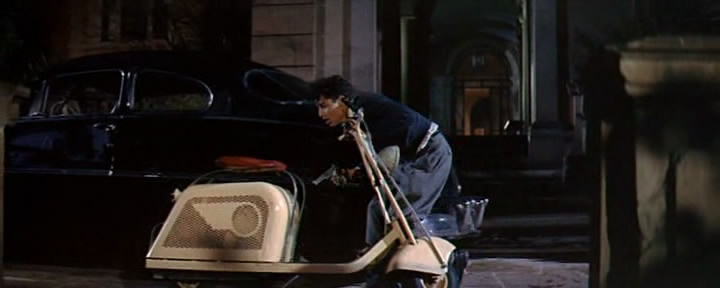 Plato as portrayed by Sal Mineo in Rebel Without a Cause (1955). Notice that as the rebel, he's pictured in the middleground with a gun while his scooter protects him in the foreground. In the background is the automobile, the teens' coveted source of freedom at the time.
Plato as portrayed by Sal Mineo in Rebel Without a Cause (1955). Notice that as the rebel, he's pictured in the middleground with a gun while his scooter protects him in the foreground. In the background is the automobile, the teens' coveted source of freedom at the time.
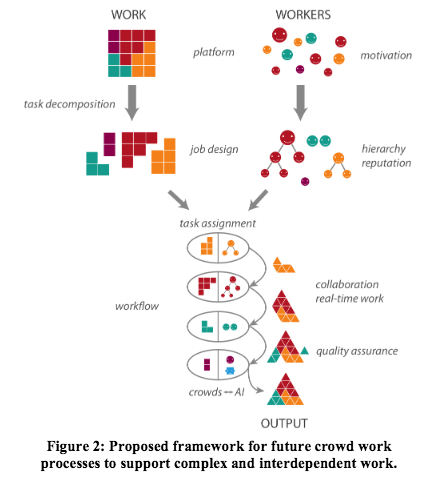
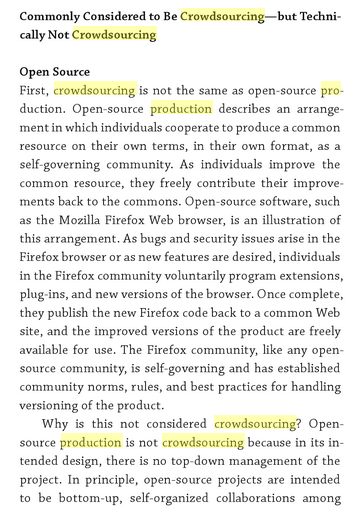
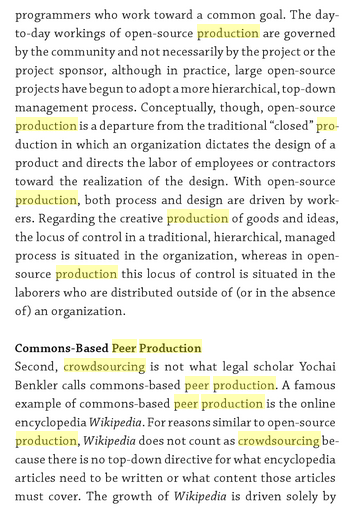
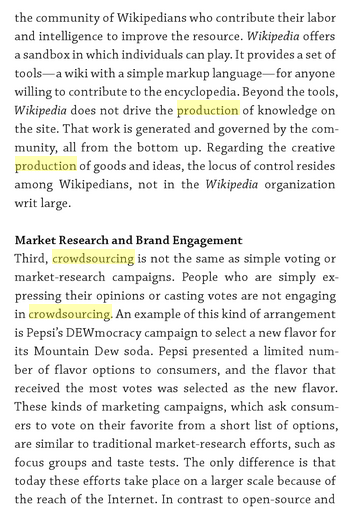
 Plato as portrayed by Sal Mineo in Rebel Without a Cause (1955). Notice that as the rebel, he's pictured in the middleground with a gun while his scooter protects him in the foreground. In the background is the automobile, the teens' coveted source of freedom at the time.
Plato as portrayed by Sal Mineo in Rebel Without a Cause (1955). Notice that as the rebel, he's pictured in the middleground with a gun while his scooter protects him in the foreground. In the background is the automobile, the teens' coveted source of freedom at the time. Image of a light phaeton (Two Nerdy History Girls).
Image of a light phaeton (Two Nerdy History Girls).


